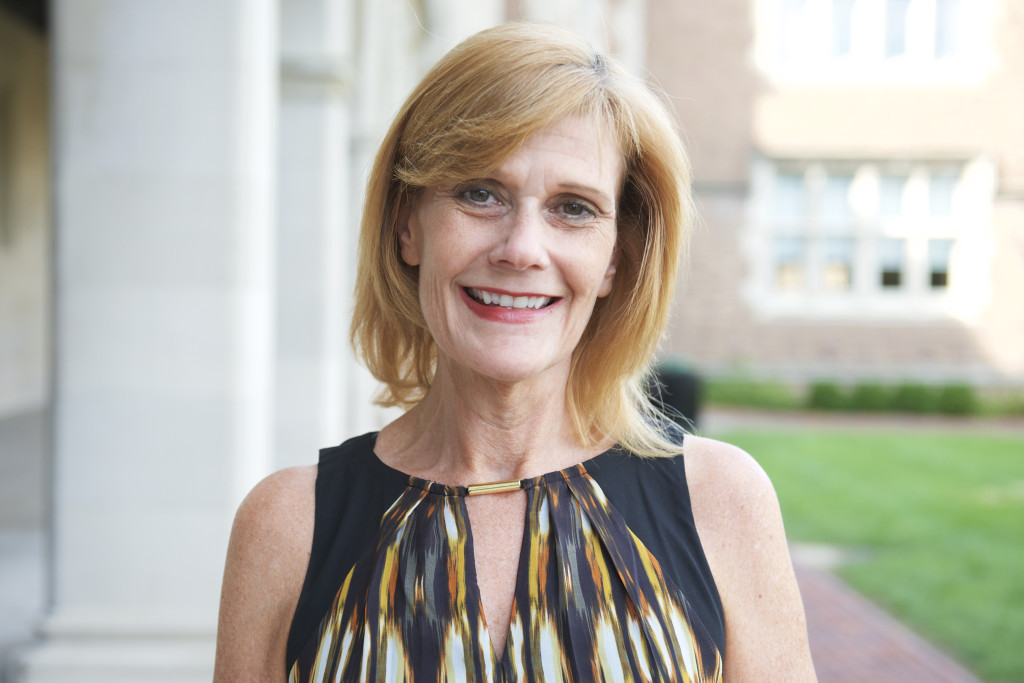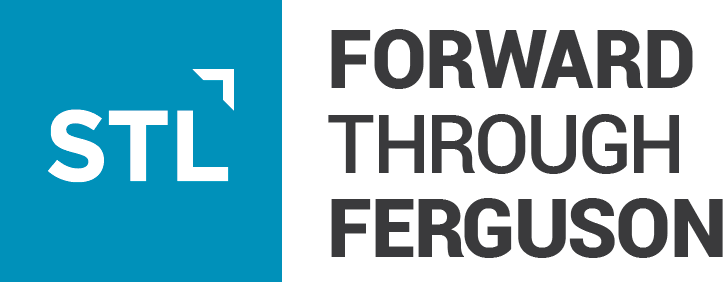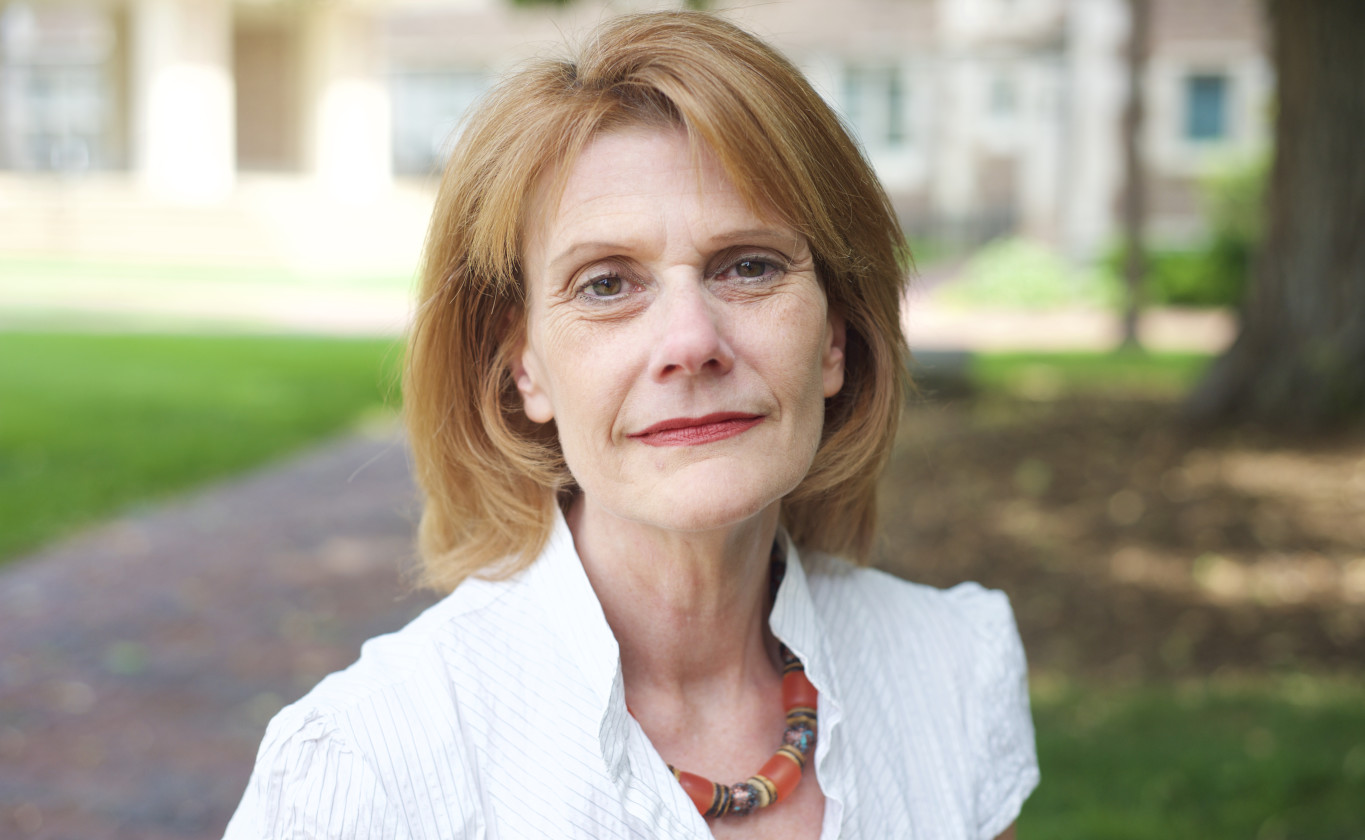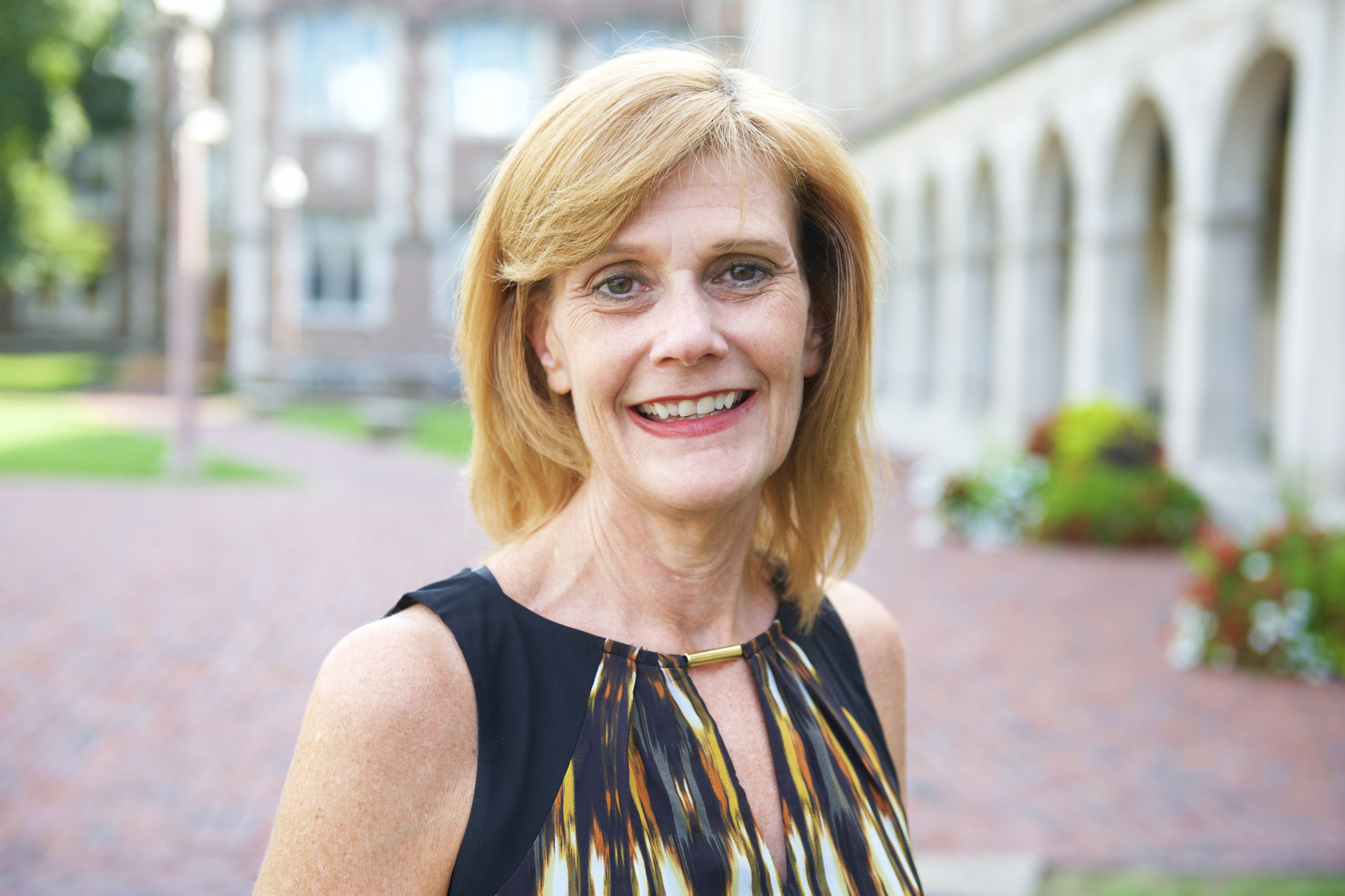The first couple of meetings when I was listening to people, one of the commissioners leaned over to me and said, “Wow, did you think it was going to be like this?” And I said, “Well, yeah. I did.” In fact, I was somewhat surprised there wasn’t even more anger and more vitriol coming out because, at the heart of all this, people are hurt.
I’ve learned from the Ferguson Commission it’s really important to set aside your own frame of reference and be willing to listen to other people’s experiences.
When they interviewed me for the Commission, I said, “You need to know I have no interest in sitting on a Commission that issues recommendations that sit on someone’s shelf. I will consider it a huge disservice not just to us, but certainly to the community if that’s what happens.” So I sort of warned the governor’s staff, “Don’t expect me to toe the line. If he gets these recommendations and he doesn’t do anything, I will personally be holding him accountable.” Just as the community should hold us accountable, I hold the elected officials accountable. I say to them, “We’ve sat through this, we have experienced it, we are in partnership with the community. You represent us, and you have a responsibility to do this. This is why we elected you.” We can have conversations. I’m sure we will have discussions. I’m sure we will have disagreements about what rises to the top in terms of what we need to do legislatively. But, you can’t stick your head in the sand either.

Commissioner Rose Windmiller, photos by Lindy Drew
I’ve learned from the Ferguson Commission it’s really important to set aside your own frame of reference and be willing to listen to other people’s experiences. I know that sounds simplistic, but we would never have gotten here as a society and a community unless all of us, and I’m going to classify myself, to say that most white people just want to stick their heads in the sand. I don’t think that most people in their hearts would ever classify themselves as racist. But guess what? If you take the definition of racism, which is prejudice and power, that’s a pretty important definition to keep in your head at all times.
I’m personally committed to moving the dial on what I consider to be the root cause of all this and that’s racism.
So, where’s my responsibility? Is it just that I don’t live in North County anymore? I don’t carry prejudice. I don’t harbor a dislike for people of different cultures. Am I abdicating the rest of my responsibilities? Apparently, I think we all have been. It’s too easy to turn away to say, “That’s not my problem. I’ve got my own family. I’ve got my own issues. I’m just trying to keep my head above water.” Well, that’s what got us in this situation to start with. I can’t do anything about the past. But, for me, the action is the now. So, I’m personally committed to not living the life that I did. I’m personally committed to moving the dial on what I consider to be the root cause of all this and that’s racism.
The most terrible thing about racism is the waste of human capital. Most people would say in order to move the dial in the economy you have to invest in resources, infrastructure, access to capital, and all kinds of things to make a business operate. If you ask any business leader and government leader, if they’re thoughtful, they’ll say the most important, vital, and critical aspect we have is human capital. So if that’s the premise by which we are building our society economically, when did it become okay for us not to invest in that most important resource? When did it become okay for us to allow kids to go to subpar schools, to grow up in neighborhoods that are not safe, to develop a system that basically keeps a large portion of our minority population in poverty?
We would never stand for that if that was a resource we had to pass every day and look at and say, “Where is the investment in that?” So, if we don’t solve that, we will never be a great society. I think I knew it going into my work, but it’s completely hit home with me with the people who have come to speak with us and the people whose lives we are touching on a daily basis.

There was a young woman who spoke to us at UMSL who talked about the fact that she was 27-years-old, she had a new baby, she works at McDonald’s — which was the McDonald’s in Ferguson that burned and closed — and that she literally had no support system. She couldn’t rely on her parents. She couldn’t rely on the father of her child. She had only herself. As a mom, I was just about the same age when I had my daughter. And when I heard her story, it was so hard because I remember what it was like for me.
I had my family. They were overjoyed we had a new member of our family, and I had everything I needed. Because of that, my daughter has grown up successful, happy, and had access to the things she needed. And this poor woman couldn’t figure out how to get diapers for her baby. Now, do I know these things happen on a daily basis? Yes, absolutely. But until you’re actually listening to someone who lives that life… and I can’t imagine what it was like for her to come in front of a group of people and talk about that — talk about being poor.
We can intellectually talk about things like disparities in health care, what you need to do to lift people out of poverty, and how racism affects us. But do people actually want to get in there and feel stuff? No. Because if you feel stuff, you have to change it.
We are not a society that likes to look at poverty. It’s ugly. It makes us feel bad. Somewhere in our heart, we know that in this country with the vast resources we have, no one should be below the poverty line. So, until we’re confronted with it personally, most people just choose not to hear that. Now, we are a very generous country, too. People are more than willing to write a check or volunteer. But if you don’t listen to what people are living on a day-to-day basis… I will never be presumptuous to say, “I walked in this woman’s shoes.” But I compared what it was like for me to have a baby — a white middle-class woman with a husband and a support system — to a woman who basically has been working since she was 16, certainly didn’t go to college, and she was working at a fast-food restaurant about 20 hours a week. How is she going to support that child?
I think about her all the time, and I wonder if she was able to get more hours at her job. I wonder if she found someone who can help support her. I wonder if she found the services she needs. There are 100 people for every person who shows up at our Commission meetings. And it just takes a whole lot of energy to be poor in this country. We can intellectually talk about things like disparities in health care, what you need to do to lift people out of poverty, and how racism affects us. But do people actually want to get in there and feel stuff? No. Because if you feel stuff, you have to change it.

“How do you use your experience from being a commissioner to give advice to people who know there’s something that’s not right, but don’t know how to put one foot in front of the other to take a step?”
People need to drop the blinders, get their heads out of the sand, not turn away, and really be in the moment to listen to what is going on. Make a commitment to actually become personally involved in some aspect of what I would call social justice but is really just equal access. Is it comfortable? No. But if you want to change things, you have to first change yourself. And once you’ve made the commitment you’re going to change, then you have to seek out conversations and activities that help you grow and also bring your gifts to the table.
Is it comfortable? No. But if you really want to change things, you have to first change yourself.
For me, I’ve made a personal commitment that I’m going to stay involved in this space. I hope I can do it on that scale and basically say, “We’ve got some work to do here.” But when I tell my family and my friends what they can do, I say, “Find a cause you like. Find something you’re passionate about.” Once you let this happen, it’s a transformational experience and you can’t go back. If you don’t let it touch you emotionally, you have missed what the experience is about. Because if we really want to transform what’s going on and transcend where we came from, we have to change at a pretty deep level. We always want to operate at an intellectual level and we can’t. You have to take that to move forward with solutions, but you also have to acknowledge that this is deeply painful stuff.

We are at a pivotal moment and I firmly believe if the community comes together and starts to listen to what’s going on, we have the opportunity to transform the St. Louis region. I’m very hopeful. I know that when the recommendations come out, we’ll immediately have a bunch of people saying, “Well, I wasn’t involved in the process,” or “I don’t care about that,” or “You got the recommendations wrong.” But what would make a tremendous difference is that traditional and non-traditional leadership in this community look at the product we develop and say, “There’s stuff in there we can support. There’s stuff in there that we can work toward. And we will commit as a region, just like every other big project we’ve done around this region that has required a certain amount of collective input and collective support.”
I would really like to see every sector — the business community, health care, educational institutions, school districts, elected officials, everybody — say, “This is what we need to do. We’re going to take the top five or ten recommendations and we’re going to commit to them. We’re going to commit to human capital and financial resources, and we’re going to commit the political will to do this.” Because that’s what it will take.


